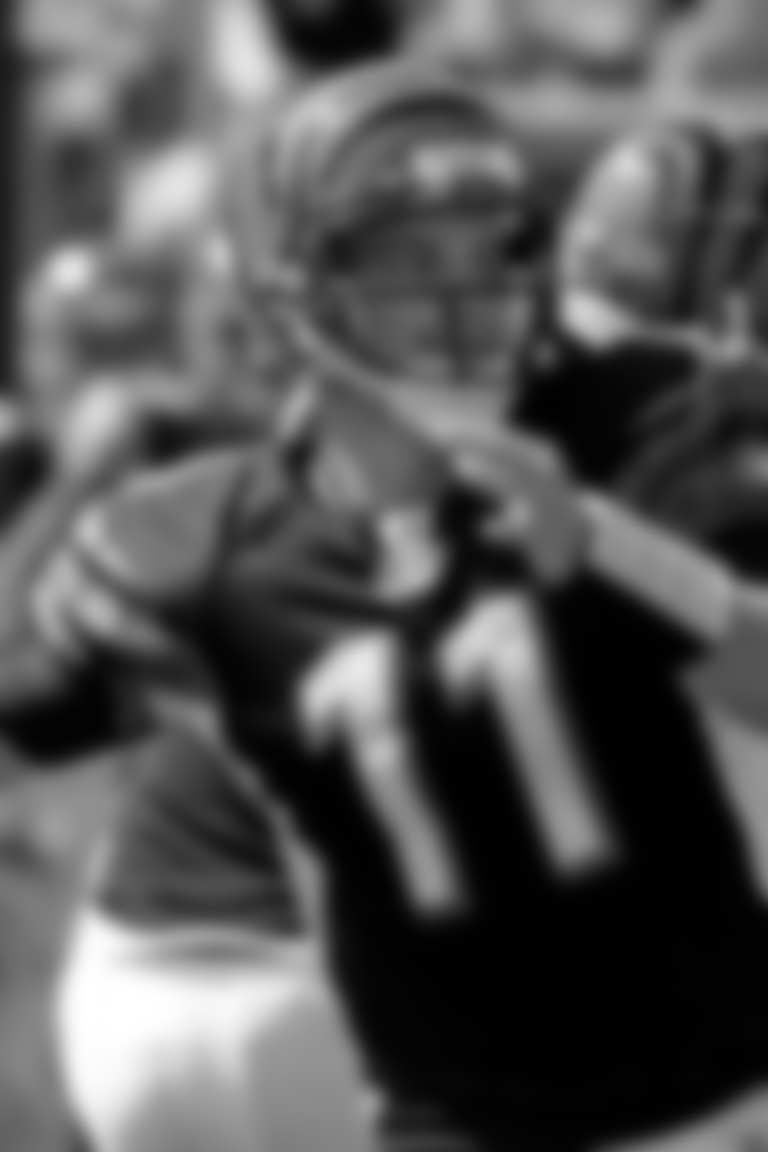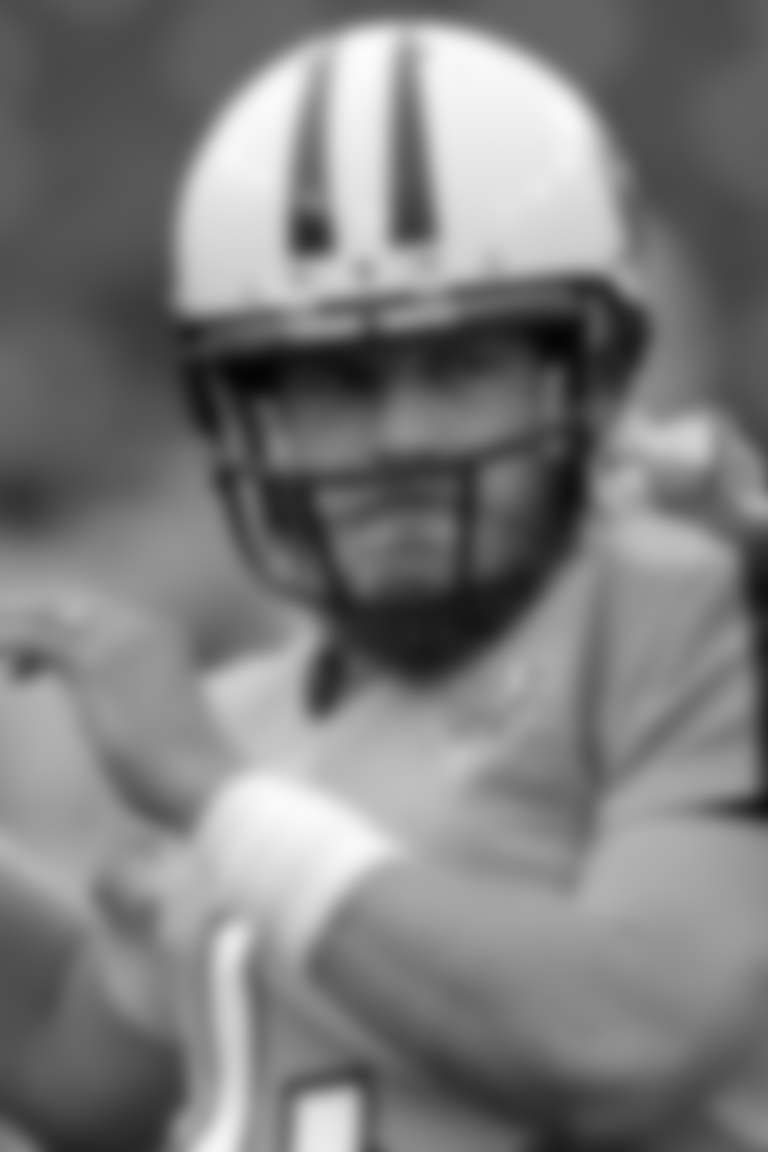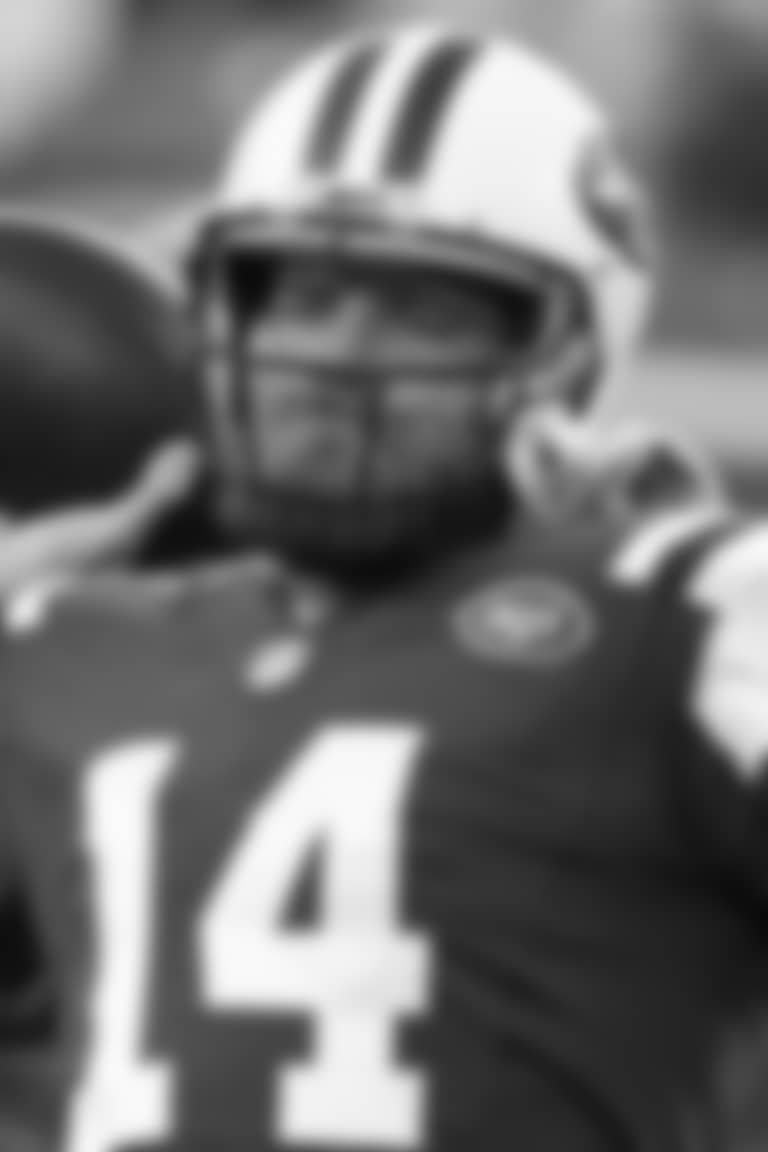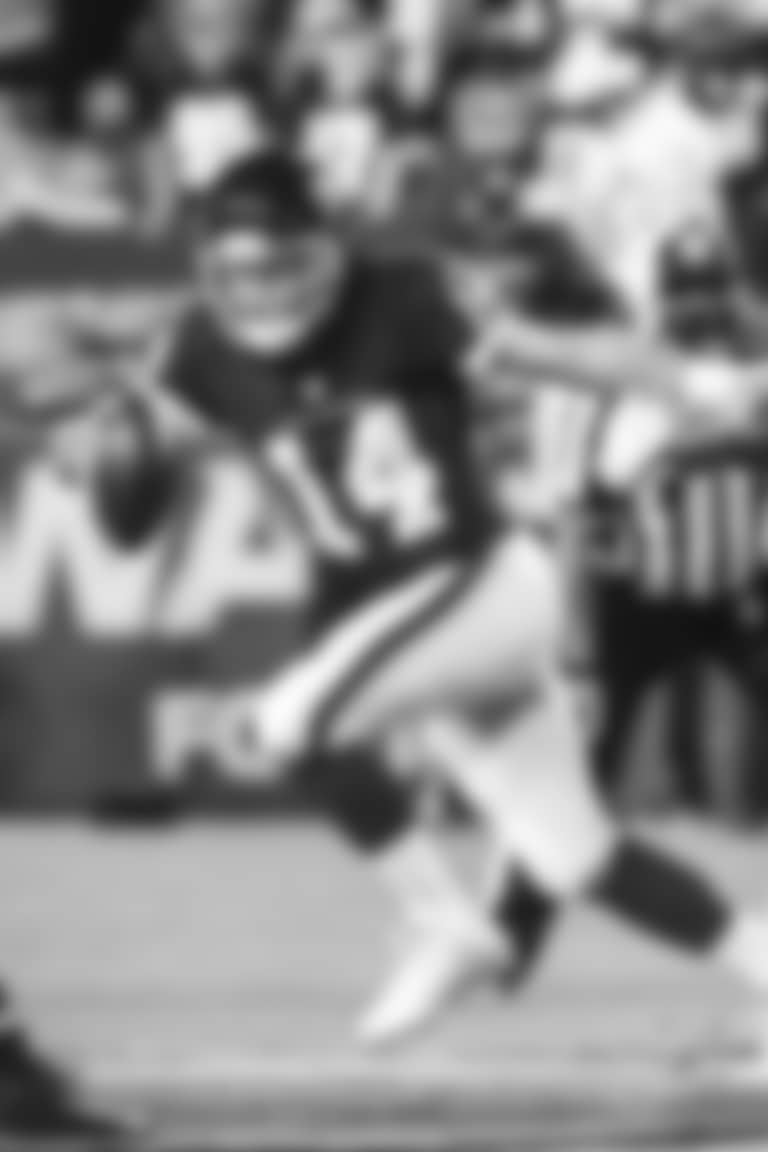The golden sun was rising over the well-tended fields at the Washington Football Team's training camp facility, and the air of excitement surrounding Richmond, Virginia, was so thick that it almost overpowered the sweltering heat that came with it. Fans, most of whom hadn't even been to a game in 19 months, lined the fences like a burgundy wall waiting to see their favorite players. You could say the scene was...magical.
Out came Ryan Fitzpatrick in all his bearded glory, having a chat with former undrafted rookie Steven Montez. Did he look like Conor McGregor, as he joked during his introductory press conference? Not quite, although he did carry a unique mystique about him as he strolled to the practice field and started warming up with the rest of the quarterbacks.
You might not expect it from a 38-year-old former seventh-round pick, but the NFL's unofficial vagabond is actually part of the reason why there's so much hype for Washington in 2021. In some ways, he's never been a hotter commodity at any other point in his career. The numbers certainly point to that being true; his completion rate (68.5%) and his QBR (76.9) have never been better than they were in 2020. And now here he is, ready to help Washington attempt to get back-to-back division titles for the first time since 1984.
As the offense rolled through its script in team drills, just about every part of Fitzpatrick's reputation was on display. Some moments were great, others not so much. Either way, it was coming at you fast and fun to watch. It's the playing style that created the swagger that is now legendary around the league. It's "Fitzmagic," and there's no other way to describe it.
Where does "Fitzmagic" come from, anyway? We've all appreciated the bravado, but have we ever stopped and wondered what the ingredients were, if we wanted to make a formula? You start with a Harvard education, mix that with being a seventh-round pick, then a dash of being a backup with nothing to lose, a couple cups of being traded along with a pair of sunglasses and a gold chain and
boom! You have your very own vial of "Ryan's Secret Stuff" for anytime you need to be the guy to inject a little unpredictability into a franchise.
The side effects are more than just a sweet forest of facial hair, too. Of course they include being a winner on the field, but you get to be a leader off of it. You become a mentor, someone who possesses an infectious personality and can lead men, regardless of personality, with your dry sense of humor. And no matter where you go in your career, you're known as an intelligent player who can unite a team.
That's what Fitzpatrick has to show for his time in the NFL, and after 17 years, he's perfected the recipe.















